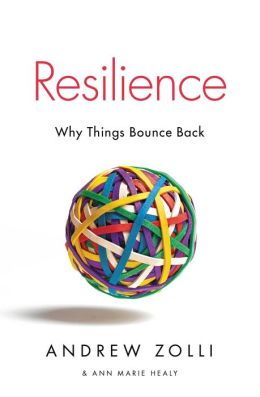First up on Monday are four online presentations, free to you and me, but does require a registration. For $99 you can own all of the presentations to download and listen at your leisure.
Heidi Grant Halvorson is a social psychologist who researches, writes, and speaks about the science of motivation. She is currently the Associate Director of the Motivation Science Center at the Columbia Business School. Heidi is also an expert blogger for 99u, Fast Company, WSJ.com, Forbes, The Huffington Post,and Psychology Today.
Daniel H. Pink is the author of five provocative books– including the long-running New York Times bestsellers, A Whole New Mind and Drive. His latest book, To Sell is Human, is a #1 New York Times business bestseller, a #1 Wall Street Journal business bestseller, and a #1 Washington Post nonfiction bestseller. Dan’s books have been translated into 34 languages. He lives in Washington, DC, with his wife and their three children.
Sian L. Beilock is a professor in the Department of Psychology at The University of Chicago. Her research program sits at the intersection of cognitive science and education. She explores the cognitive and neural substrates of skill learning as well as the mechanisms by which performance breaks down in high-stress or high-pressure situations. Dr. Beilock’s research is funded by the National Science Foundation and the U.S. Department of Education (Institute of Education Sciences). Her book, Choke: What The Secrets Of The Brain Reveals About Getting It Right When You Have To came out in Fall, 2010.
Dan Ariely is an Israeli American professor of psychology and behavioral economics. He teaches at Duke University and is the founder of The Center for Advanced Hindsight. Ariely’s talks on TED have been watched over 4.8 million times. He is the author of Predictably Irrational and The Upside of Irrationality, both of which became New York Times best sellers, as well as The Honest Truth about Dishonesty.









